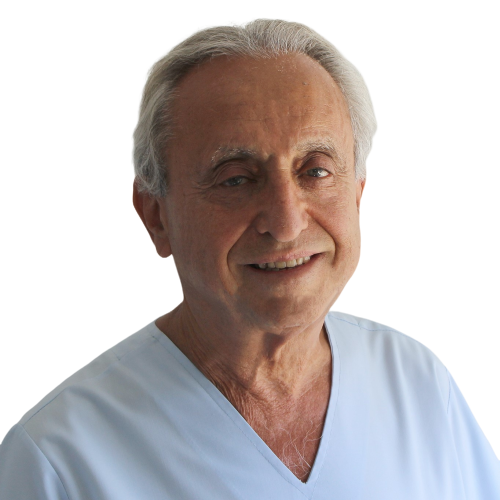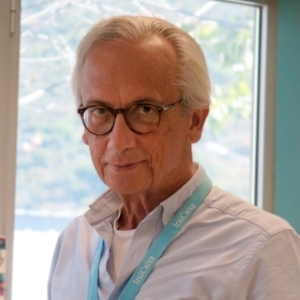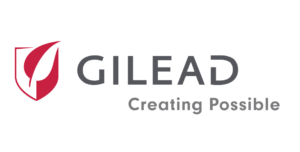6th Aging in HIV
Buenos Aires (Argentina)
ONLINE EDITION
11th and 12th November 2021

During the last decade, we have seen remarkable improvements in HIV treatments. In some countries, such improvements have allowed controlling HIV infection with high efficacy and reasonably simple treatment schedules, but it has also shifted the profile of HIV patients, who now tend to be increasingly aged. Overall, it is estimated that 50% of HIV-infected subjects are over 50 years of age and the proportion of infected people older than 65 years grew 10-fold in the last years. By 2030, some models estimate that at least 60% of people living with HIV will be aged 60 years or more.
Aging is associated with the decline and deterioration of functional properties at the cellular, tissue, and organ level that yields a loss of homeostasis and decreased adaptability to internal and external stress. All these changes increase the vulnerability to disease and mortality. Atherosclerosis and cardiovascular events, loss of renal function, osteopenia/osteoporosis, and non–AIDS-defining cancers are some of the emerging conditions observed in large observational cohorts of HIV-infected subjects whose incidence seems to be higher than in the general population. However, other age-related conditions are also emerging among this population such as frailty and geriatric syndromes, as well as psychological, cognitive, and social problems.
The increased life expectancy together with the HIV-related chronic inflammation and the long exposure to some antiretroviral drugs are some of the main reasons for the accelerated aging in HIV-infected patients. This scenario carries new challenges for healthcare professionals, who have now to provide healthcare to patients with a significant comorbidity burden and polypharmacy treatments.
Scientific Committee
 Fundación Huesped and Buenos Aires University Medical School, Argentina
Fundación Huesped and Buenos Aires University Medical School, Argentina Fight AIDS and Infectious Diseases Foundation, Irsicaixa, and Hospital Universitari Germans Trias i Pujol, Spain
Fight AIDS and Infectious Diseases Foundation, Irsicaixa, and Hospital Universitari Germans Trias i Pujol, Spain Fight AIDS and Infectious Diseases Foundation, Hospital Universitari Germans Trias i Pujol, Spain
Fight AIDS and Infectious Diseases Foundation, Hospital Universitari Germans Trias i Pujol, Spain Director of clinical research, Fundación Huésped, Argentina
Director of clinical research, Fundación Huésped, Argentina

